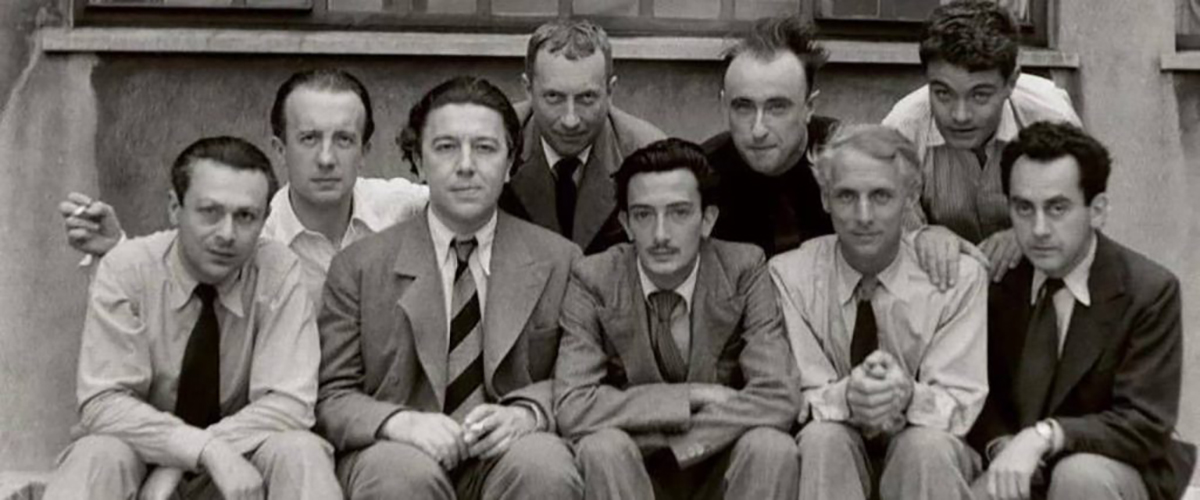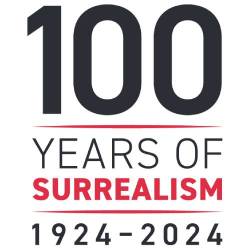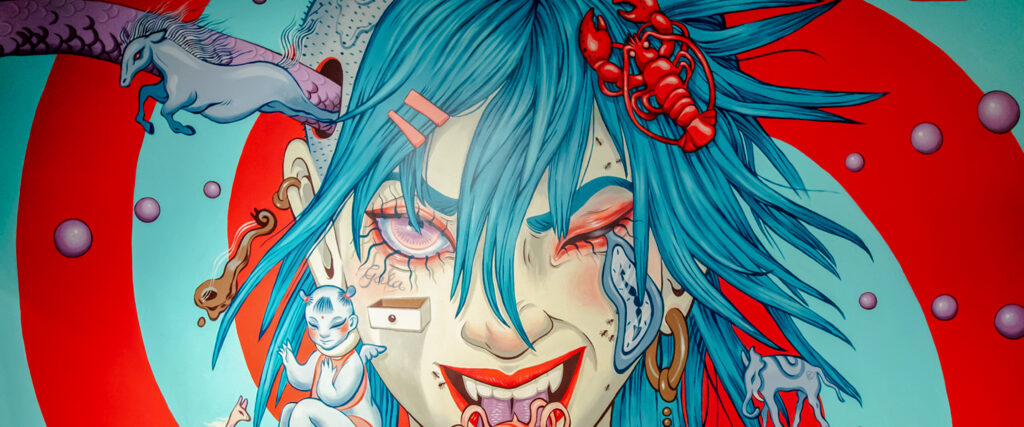
Coffee with a Curator – sold out
- This event has passed.
October 2, 2024 @ 10:30am – 11:30am
André Breton
Join us for this installment of our Coffee with a Curator series, where Museum Staff or invited guests speak on a range of Dalí-inspired topics.
This lecture will uncover the transformative power of the Surrealist Manifesto and its enduring legacy, highlighting how it challenged the boundaries of reason and redefined the relationship between art, politics and imagination.
In 1924, André Breton ignited an aesthetic revolution with the publication of the Surrealist Manifesto, a call to explore the depths of the unconscious and liberate its creative potential. As we commemorate the 100th anniversary of the publication of this ground-breaking document, we will take a closer look at what this Manifesto was about and the history of the Surrealist movement and its legacy. We will also celebrate a century of the Manifesto and its profound influence on art, literature and culture.
Location: The Dalí Museum’s Will Raymund Theater (registration required), with overflow seating available in the Raymond James Community Room or live on YouTube (link below).
This event has sold out.
To watch the live stream from home, click below at the time of the program:
Alex Lenoble
Alex Lenoble is Assistant Professor of French in the department of World Languages at the University of South Florida (USF), which he joined in 2019 after completing his Ph.D. at Cornell University. At USF, he teaches graduate and undergraduate courses in Francophone literature and culture, French cinema, and literary theory. His research interests include Francophone and Caribbean literature from the 20th to the 21st century, poetry and politics, and trauma theory.
more about André breton & the surrealist movement
André Breton, inspired by the psychoanalytic theories of Sigmund Freud and the avant-garde movements of his time, published his Surrealist Manifesto in October 1924. The provocative text outlines the principles of Surrealism, defining it as “pure psychic automatism” meant to express the true functioning of thought without rational control, advocating for the liberation of the mind from societal constraints and the exploration of the unconscious through dreams, imagination and the irrational.
However, few people know that Breton’s manifesto was actually not the original one. In fact, a few weeks before his publication, another author who would soon become his nemesis had published his own version, sparking a rivalry between two different surrealist groups.
André Breton once declared that “the simplest Surrealist act consists of dashing down into the street, pistol in hand, and firing blindly, as fast as you can pull the trigger, into the crowd” (Breton, Manifesto of Surrealism, 1924). Though none of the surrealists shot anyone, Breton was no stranger to bouts of rage, fights and even physical altercations. His conflict with Yvan Goll culminated in a physical altercation where Breton famously slapped Goll, a symbolic gesture signaling Breton’s historical victory over the control of the movement.
Within the Surrealist group, internal conflicts and exclusions were frequent. The movement’s history is marked by intense debates and disagreements over the direction and principles of Surrealism, leading to numerous expulsions and splits. These conflicts centered around the balance between artistic principles and ideological purity, reflecting the passionate and tumultuous nature of the movement. Former friends could quickly become suspects or even enemies in these ideological battles. Breton famously nicknamed Salvador Dalí “Avida Dollars,” an anagram for “eager for dollars,” condemning what he saw as Dalí’s commercialism and betrayal of Surrealist ideals. And sure enough, Dalí himself was expelled from the Surrealist group.




